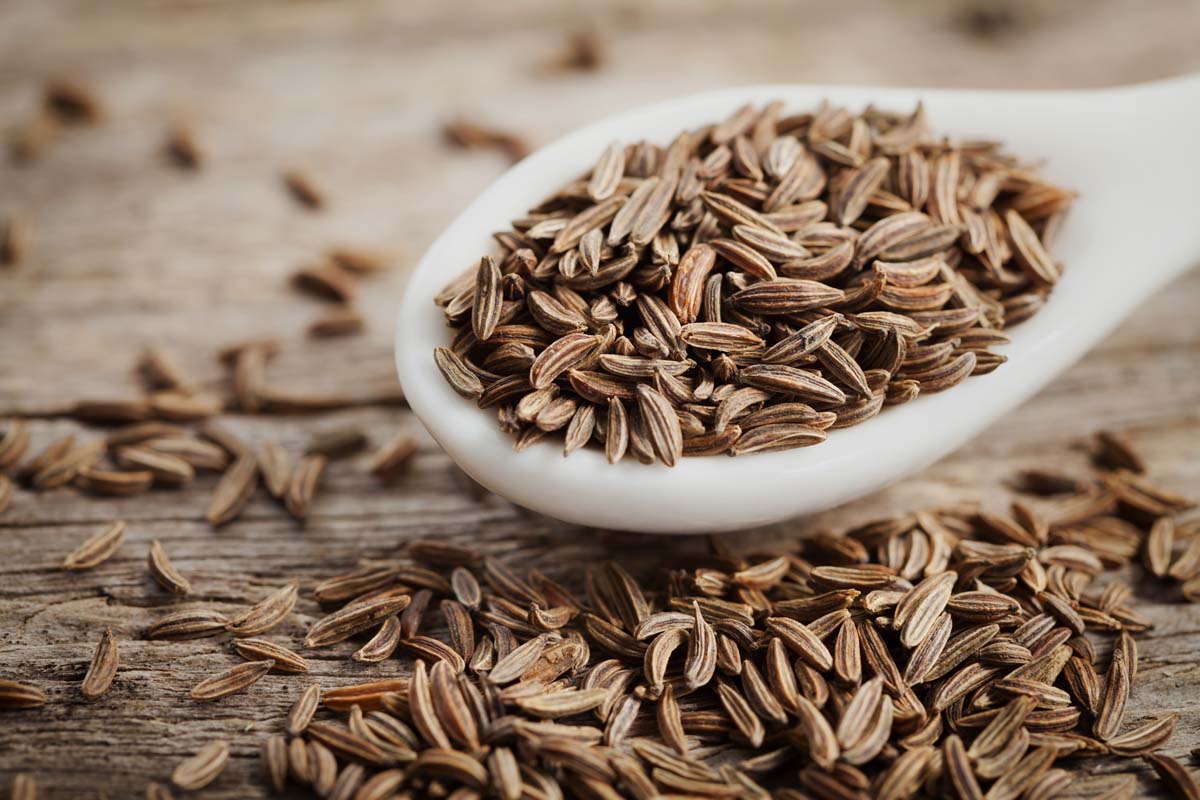What Is Cumin? Learn Benefits and Culinary Uses of Cumin Spice
Written by MasterClass
Last updated: Aug 5, 2021 • 2 min read
Cumin is one of the most versatile and user-friendly spices in the canon, so if you’re not already sneaking cumin powder into everything, you might be shortly.
Learn From the Best
What Is Cumin?
Cumin (Cuminum cyminum) is a member of the parsley family, a group of flowering, aromatic plants known as Umbelliferae or Apiaceae (that also includes celery, carrots, and fennel) native to Egypt and the Middle East. The use of its small, oblong seeds, both whole and in powdered form, goes back to ancient Greek and Roman times. It became a staple in both Mexican and South American cuisine after the arrival of Spanish and Portuguese colonists.
What Does Cumin Taste Like?
Cumin's whole seeds have an earthy heat and brightness to them that’s almost reminiscent of dried lemon peel when applied to rich, savory ingredients like meat or yogurt. When combined with fluffy basmati rice, its nutty, floral character becomes more pronounced.
Cooking With Whole Cumin Seeds vs. Ground Cumin
In Indian dishes, frying whole cumin seeds (referred to in Indian cuisine as the tadka, the tempering of spices before building a dish) allows the flavor of cumin to infuse the cooking oil and the rest of the dish as a result. Ground cumin seeds can be added throughout the cooking process to boost the aromatic character of a dish, especially marinades or stews like chili.
What Spice Blends Include Cumin?
Noted for its versatile and subtle floral heat, ground cumin is a prominent addition to many spice blends across the Mediterranean, Asian, Middle Eastern, and North African diaspora. It can be found alongside black pepper, coriander seeds, chilis, and turmeric, and much more in chili powder, garam masala, curry powder, bahaarat, berbere, as well as some achiote blends and adobos.
What Is the Difference Between Cumin, Nigella, and Caraway Seeds?
While whole cumin seeds and caraway seeds look very similar, cumin is typically lighter in color and has a sharper, warm spice note rather than the cool, dark zing of caraway that evokes the flavors of rye bread and dill pickles. Nigella seeds are sometimes referred to as black cumin seeds though the seeds are not related. The small, jet-black nigella seeds are savory like caraway and cumin, but have a uniquely herb-y and onion-y flavor profile.
What Are the Health Benefits of Cumin?
The health benefits of cumin make it more than just a popular spice: these little guys provide high levels of fatty acids, dietary fiber (a digestion aid, which is why they’re often chewed after meals in India), and vitamin E. Not to mention the iron and antioxidants from plant compounds, which may help maintain healthy cholesterol levels, promote weight loss, and regulate blood sugar levels.
Ready to cook with cumin? Try the perfect Indian Butter Chicken recipe with cumin here.
